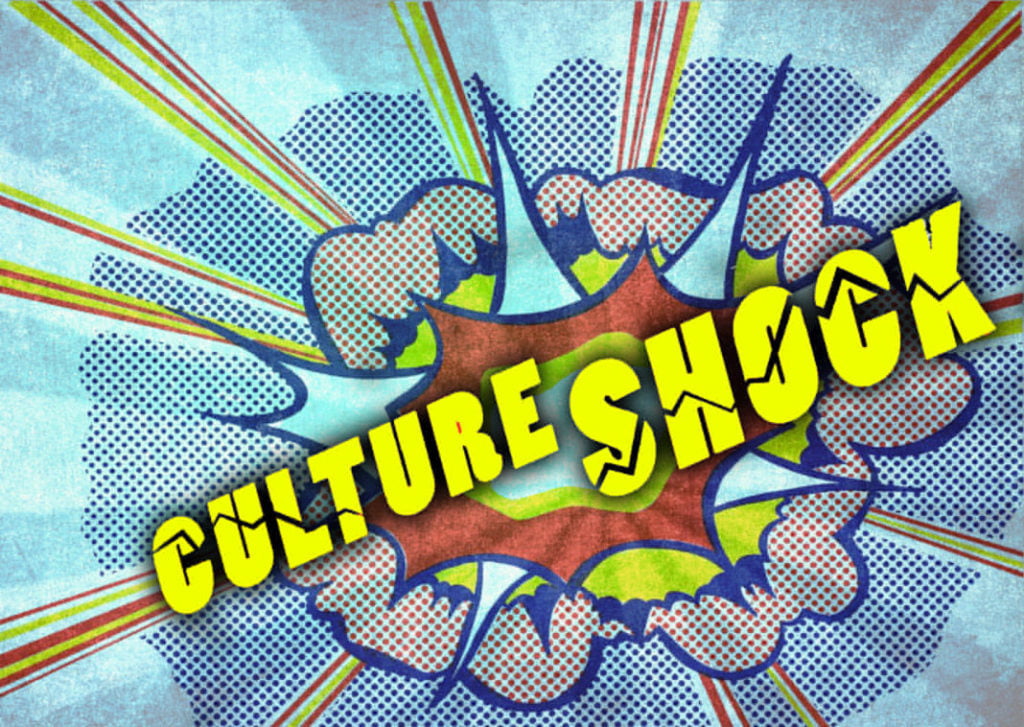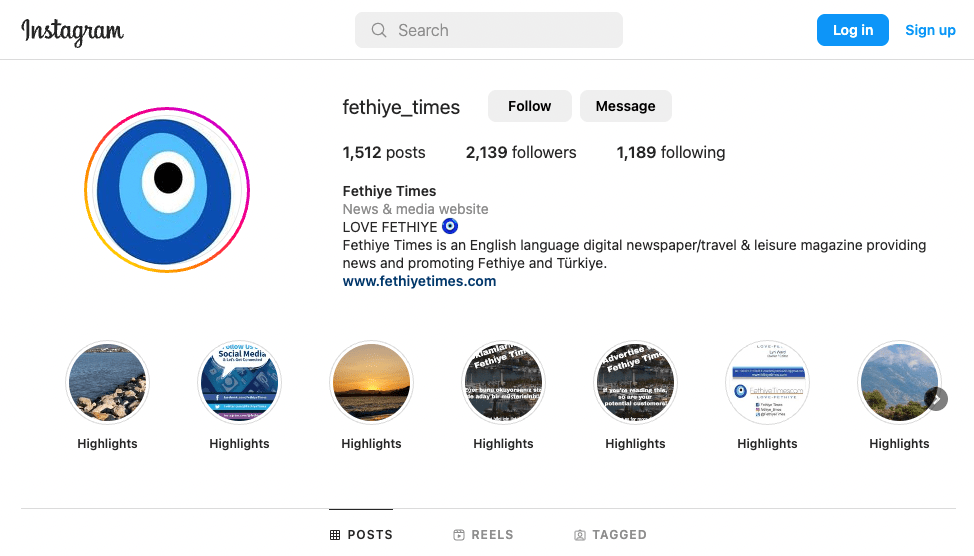Welcome to part two of our article on Turkish customs you might not know about.
You can read part one here if you missed it.
https://fethiyetimes.com/turkish-customs-you-might-not-know-about/
We’re starting with a look at some of the unspoken communication that takes place in Türkiye that can be confusing to visitors
Meaningful movements
Turkish people say “yes” by a downward movement of the head. This can be done once or several times, with or without closing the eyes.
The gesture for “no” is more confusing; instead of shaking the head sideways, they move it backwards once, while at the same time raising their eyebrows. This action may be accompanied by clicking the tongue against the roof of the mouth, which sounds like tutting.
Shaking the head sideways means “I don’t know” and is usually in conjunction with raised shoulders and a protruded lower lip.

A single jerk in one shoulder or both, on the other hand, communicates the message “I don’t care”.
There are several hand movements too
You will notice that some people bring their right hand up to their chest in response to being asked “How are you”. This means all is well with them.
If a Turk waves his hand downwards in a scooping motion, while saying to you “gel, gel!” (“Come, come!”), he is asking for you to come or to follow him.
Joining the fingertips at chest height and shaking them slightly means “Good” or “Tasty.”
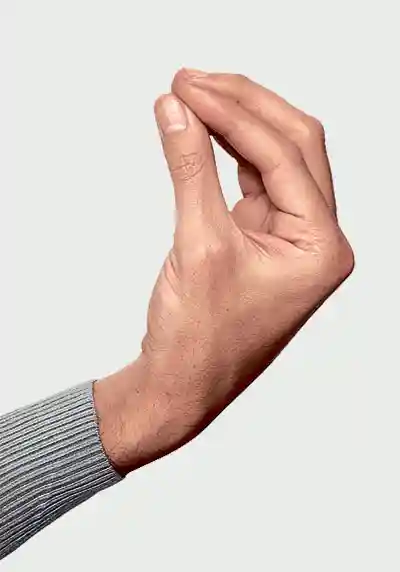
Queueing or clustering?
Queueing is an unknown concept in Türkiye. Turks don’t queue in a line, they cluster together chatting or talking on phones. When a bus arrives and the doors opens it tends to be a bit of a free for all so be prepared!

Ever had the feeling you’re being watched?
Don’t be surprised or offended if you often see Turks looking at you.
Turks love looking at people and do not understand how most Europeans can manage to ignore one another by fixing their eyes on anything other than the people around them. They look when they like you, when they find you different or eccentric or even when they don’t like the look of you!
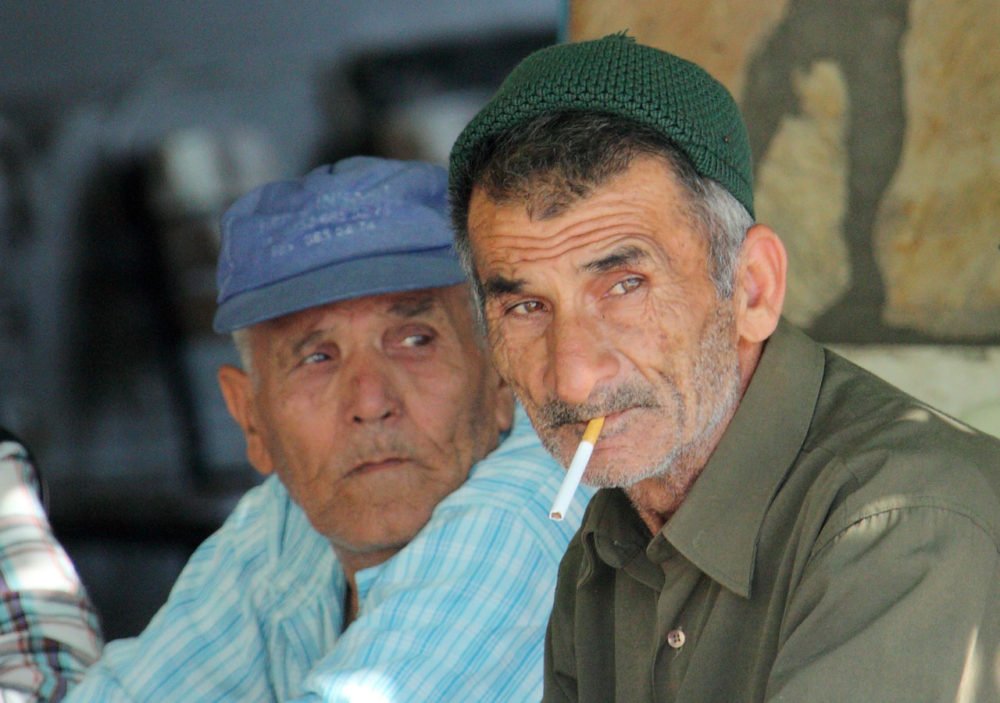
Forms of address
Men are usually addressed by their first name and then “bey”, “Ali Smith” would be “Ali bey” (“Mr Ali”). A woman’s first name is followed by “hanim” so “Fatma Smith” would be “Fatma hanım” (“Mrs Fatma”).
“Abi” means brother and “Abla” means sister. Not only are these two words used to describe close relatives but also when talking to friends of a similar age as an endearment or sign of respect.
Never return an empty plate
Turks are very hospitable and for those of you who own property in Türkiye, or have Turkish neighbours at home, you have probably experienced that knock at the door bringing gifts of delicious homemade food. It’s traditional and polite to return the plate full, not empty.
This is a particularly lovely tradition as you will get to taste lots of home made treats.
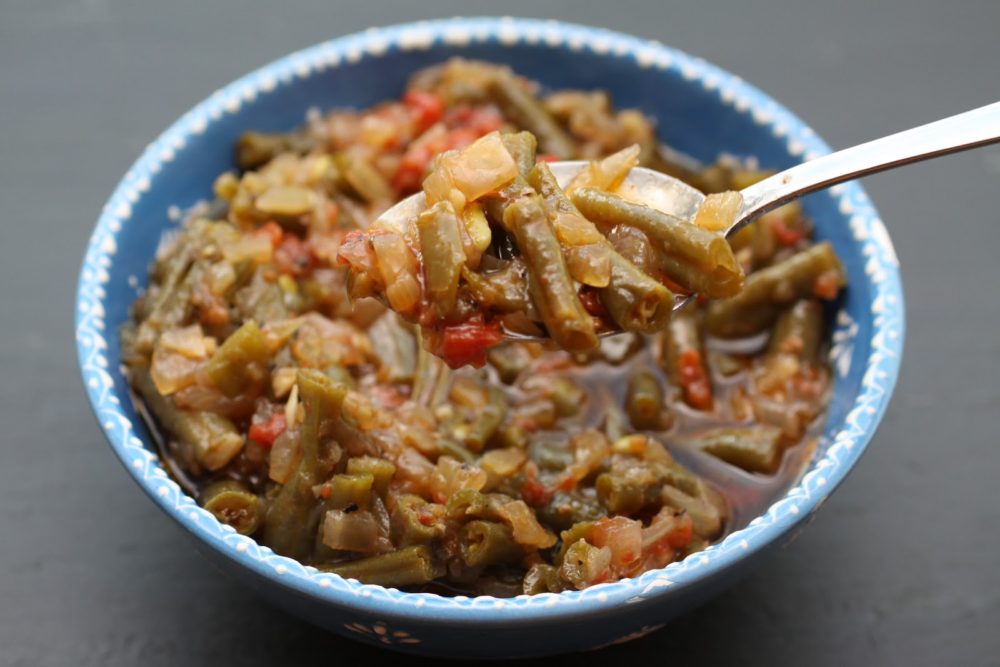
Some of the don’ts
We couldn’t finish without mentioning a few don’ts. As in every culture as there are certain things that will offend.
Don’t make the “OK” sign with your thumb and forefinger. It’s considered very rude in Türkiye.

Don’t put your feet up while sitting, and try not to show the bottom of your feet to others. The sole of the foot is the lowest part of the body and is considered unclean.
In Türkiye, it is rude to point your finger at someone.
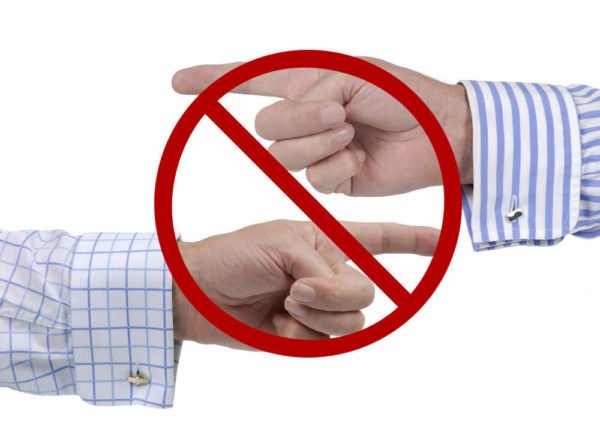
Don’t use a toothpick without covering your mouth.
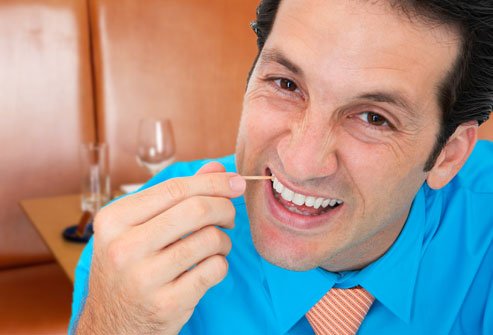
Don’t take pictures of people without asking permission. Older people, in particular, are afraid of the camera and consider it “the evil eye”.
One final “do”
Do keep an eye out for the local customs and you will be surprised at how much more enjoyable your visit will be.
Sources: Property Turkey/Culture Shock, Turkey
This article was first published on 21 February 2017.

